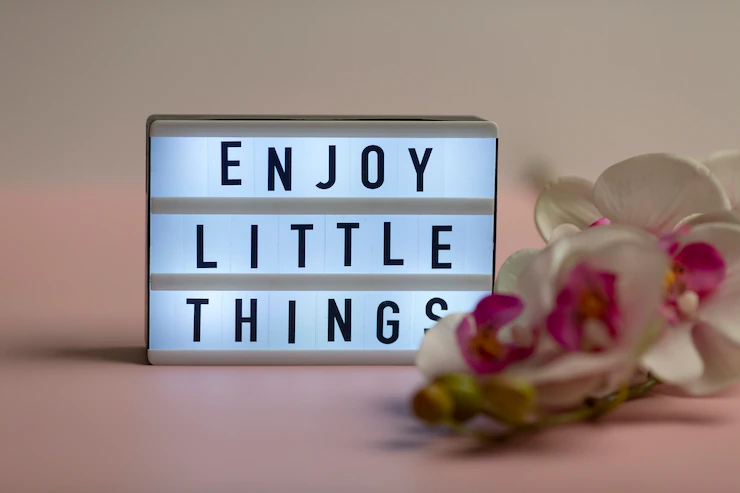Self-reflection is a powerful practice that allows us to gain deeper insights into ourselves, our experiences, and our emotions. It provides an opportunity for personal growth, self-awareness, and the development of meaningful connections with others. In this article, we will explore some practical tips for cultivating self-reflection and fostering personal growth.
- Create dedicated time for self-reflection: Set aside specific time in your schedule for self-reflection. It could be a few minutes each day or a longer session once a week. Find a quiet and comfortable space where you can reflect without distractions.
- Journaling: Writing down your thoughts, feelings, and experiences in a journal is a valuable tool for self-reflection. It helps you process your emotions, gain clarity, and identify patterns or areas for growth. Consider prompts like “What am I grateful for today?” or “What challenges did I face and how did I overcome them?”
- Practice mindfulness: Mindfulness involves being fully present and non-judgmentally aware of your thoughts, emotions, and sensations in the present moment. Incorporate mindfulness practices such as meditation, deep breathing exercises, or mindful walking into your routine. These practices can enhance self-awareness and facilitate self-reflection.
- Seek feedback from others: Asking for feedback from trusted friends, family members, or mentors can provide valuable insights and perspectives. Be open to constructive criticism and use it as an opportunity for self-reflection and growth. Remember, feedback is an opportunity for learning and improvement.
- Engage in self-questioning: Challenge yourself with thought-provoking questions that encourage self-reflection. Ask yourself questions like “What are my strengths and weaknesses?”, “What are my values and goals?”, or “How do my actions align with my values?” These questions can stimulate deeper self-awareness and facilitate personal growth.
- Embrace solitude: Spending time alone allows you to tune in to your inner thoughts and emotions. Engage in activities like walking in nature, enjoying a hobby, or simply sitting in silence. Solitude provides an opportunity for self-reflection and introspection, helping you connect with your inner self.
- Learn from your experiences: Reflect on past experiences, both positive and negative, and consider what lessons you have learned from them. What did you do well? What could you have done differently? How have those experiences shaped your values and beliefs? Embrace the opportunity to grow and evolve from your life experiences.
- Set goals and track progress: Establish meaningful goals that align with your values and aspirations. Regularly assess your progress and reflect on the actions and choices you have made. Celebrate achievements and learn from any setbacks. Tracking your progress helps you stay focused on your personal growth journey.
- Seek personal development resources: Read books, listen to podcasts, or attend workshops that focus on personal development and self-reflection. These resources can provide valuable insights, practical tools, and inspiration to support your personal growth.
- Embrace discomfort: Personal growth often involves stepping outside of your comfort zone and embracing challenges. Be willing to confront difficult emotions, confront limiting beliefs, and take risks. Embracing discomfort can lead to transformative experiences and personal breakthroughs.
Remember, self-reflection is an ongoing process. By incorporating these tips into your life, you can cultivate self-awareness, foster personal growth, and embark on a fulfilling journey of self-discovery. Embrace the opportunity to reflect, learn, and evolve, and watch as you transform into the best version of yourself.










